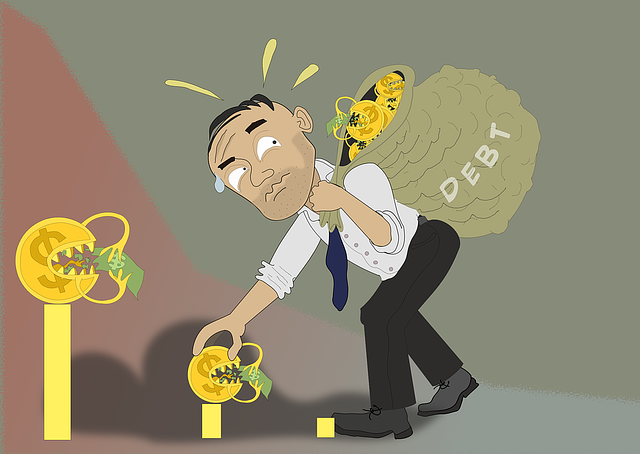Taking out a title loan on your paid-off car involves using its title as collateral, maintaining ownership, and facing severe consequences upon default, including repossession and credit score damage. Lenders initiate legal recovery processes that may lead to vehicle repossession and further legal action for remaining balances.
When you own a car outright, you might think defaulting on a title loan is impossible. However, life’s unexpected events can lead to non-payment. This article delves into the consequences of defaulting on a title loan for a paid-off vehicle. We’ll explore the legal implications, potential repossession processes, and your rights as a borrower. Understanding these aspects is crucial when navigating title loans on paid off cars to make informed decisions.
- Understanding Title Loan Agreements
- Consequences of Default on Paid Off Car Loan
- Legal Actions and Recovery Process
Understanding Title Loan Agreements

When considering a Title Loan on a Paid Off Car, understanding the terms and conditions is paramount. These agreements act as a legal framework, outlining the rights and responsibilities of both parties involved. The process typically involves the borrower using their vehicle’s title as collateral to secure a loan. This means that if the borrower defaults on repayments, the lender has the right to repossess the vehicle. However, unlike traditional loans, with a Title Loan, even after full repayment, the car remains in the borrower’s name and ownership isn’t transferred to the lender.
Loan Eligibility plays a significant role in this process. Lenders will assess factors such as the vehicle’s value, its condition, and your ability to repay to determine if you qualify for a loan. Thankfully, many lenders now offer Online Applications, making it easier and quicker to apply. Furthermore, with modern financial technology, you can often expect Quick Funding once approved, providing a safety net during unforeseen financial events.
Consequences of Default on Paid Off Car Loan

When you take out a title loan on a paid-off car, it’s with the understanding that you’ll maintain ownership and use your vehicle as collateral until the debt is repaid. However, if you default on the loan, the consequences can be severe. Lenders have the right to repossess the vehicle, which means they can seize and sell it to recover the outstanding balance. This process can happen quickly, leaving you without your primary mode of transportation.
Additionally, a default on a car title loan can significantly impact your credit score, making it harder to secure future loans or favorable interest rates. Lenders consider a default as a sign of financial irresponsibility, and this negative mark can stay on your credit report for several years. As a result, you may face limited access to loan refinancing options or be required to pay higher interest rates on future borrowing, creating a cycle of financial strain.
Legal Actions and Recovery Process

In the event of a default on a title loan for a paid-off car, the lender typically initiates a legal process to recover the outstanding debt. This involves serving a formal notice to the borrower, outlining the breach and the subsequent steps. The first course of action is often to attempt collection through negotiations and payment plans. However, if these efforts prove unsuccessful, the lender may proceed with legal actions such as filing a lawsuit in court.
The recovery process for a title loan default can be complex. Lenders may repossess the vehicle, which involves a systematic procedure to ensure compliance with local laws. During this phase, the lender assesses the car’s value and deducts all associated costs from the sale proceeds to settle the debt. In some cases, especially with secured loans like title loans, the remaining balance might still be due, leading to further legal proceedings to recover the rest of the debt, particularly for those with bad credit who may have relied on these loans as a last resort.
A default on a title loan for a paid-off car can trigger severe consequences, including repossession and legal action. Understanding the terms of your agreement is crucial to avoiding these pitfalls. Should a borrower fail to meet their obligations, lenders may initiate the recovery process, which could result in financial and legal repercussions. Being well-informed about these procedures is essential for borrowers seeking to protect their rights and minimize potential losses when dealing with title loans on paid-off vehicles.






